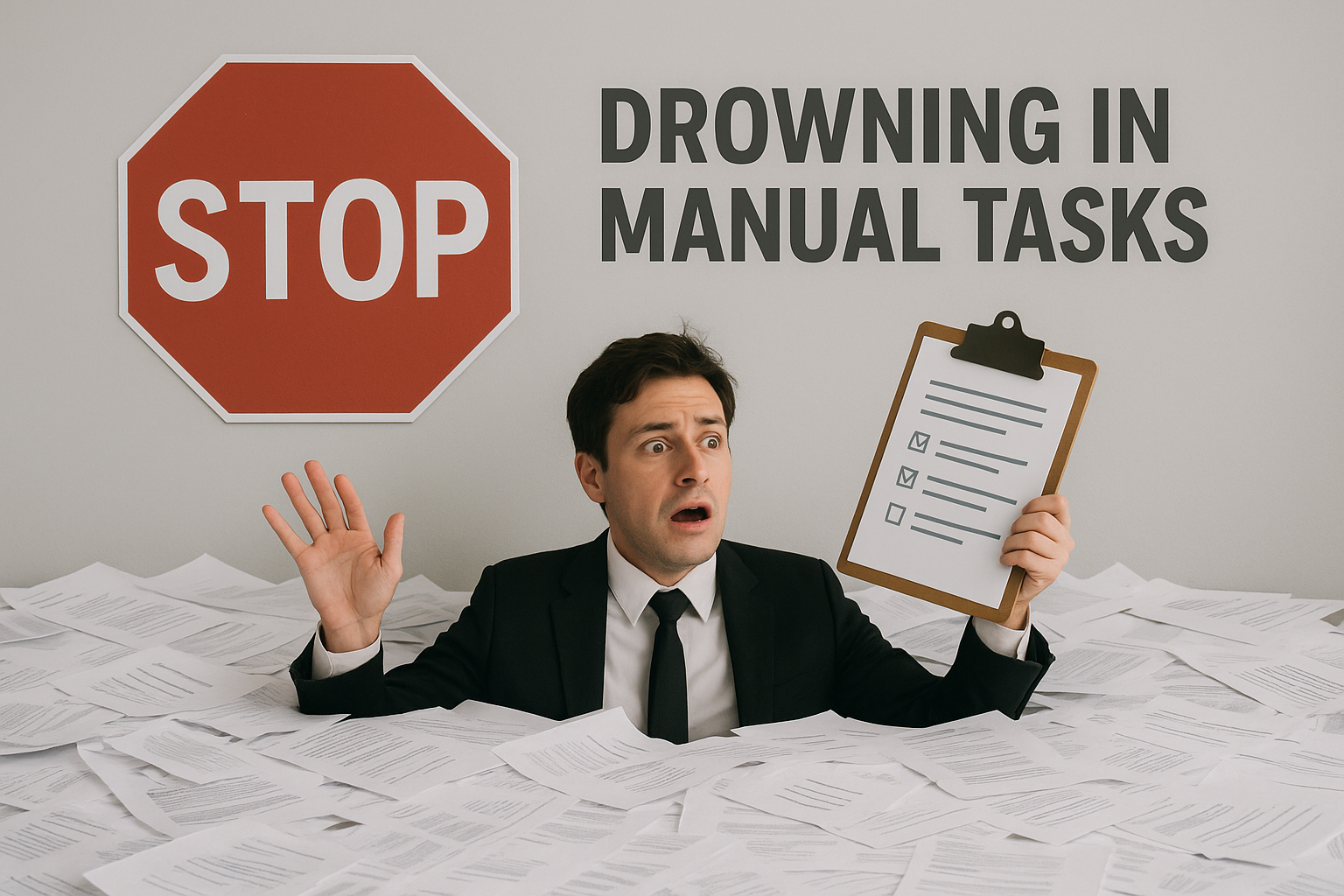
Continuing on from the theme of closing the tax gap of individuals for budget repair, the ATO has notified the public of the extension of an existing data-matching program on ride-sourcing. The program was previously designed to run from the 2015-16 to the 2021-22 financial years, capturing information from individuals engaged in providing ride sourcing services, this has now been extended to apply to the 2022-23 financial year.
What information will be obtained by the ATO?
Information obtained by the ATO in the extended data-matching program will include:
- Identification details – driver identifier, ABN, driver name, date of birth, phone number, email, physical addresses etc; and
- Transaction details – bank account details, aggregated payment details, gross fares, net amount paid to driver, all other income.
It is estimated that records relating to approximately 200,000 individuals will be obtained. According to the ATO, the data obtained will be used to identify and address incorrect reporting of income in terms of income tax returns and activity statements. It will also be used to identify instances where individuals fail to meet registration or lodgment obligations (eg GST). While the ATO will not use the data obtained from the program to initiate automated actions or activities, it may be used as a part of the methodologies by which it selects taxpayers for compliance activities.
Which providers are working with the ATO?
As with the previous program, the extension does not specifically identify the data providers of ride sourcing services, as the ATO notes that identifying providers that work with the ATO "may cause commercial disadvantage". Instead, the ATO is continuing to apply a "principles-based approach" to ensure that the selection of data providers is fair and transparent and includes any ongoing arrangement where the following conditions are satisfied:
- a driver makes a car available for public hire;
- a passenger uses a website, app or similar technology provided by a third party to request a ride; and
- the driver uses the car to transport the passenger for payment with a view to profit.
In addition to potential compliance activities, the ATO will also be using the program to promote voluntary compliance, understand behaviours and compliance profiles of individuals and businesses providing ride sourcing services and obtain a holistic view of taxpayers' income. According to the ATO, in previous years, the data from the ride sourcing program broadly achieved the goals of being used in educational campaigns as well as identifying candidates for review of audit in relation to registration and lodgment obligations.
What is the new Sharing Economy Reporting Regime from 1 July 2024?
Going forward, this particular data-matching program will not be extended beyond the 2022-23 financial year with the passing of the Sharing Economy Reporting Regime Bill which will require operators of various electronic distribution platforms to indefinitely report identification and payment information to the ATO for data-matching purposes from 1 July 2023 for ride-sourcing and short-term accommodation, and from 1 July 2024 for all other reportable transactions.
The data obtained in this data-matching program will be retained for 5 years from the receipt of the final instalment of verified data from the data providers. The ATO notes this supports its general compliance approach of reviewing an assessment within the standard period of review and also aligns with the record-keeping requirements for taxpayers.
Need help with your tax obligations?
If you are a participant in the sharing economy, whether it be in ride-sharing or providing short-term accommodation or any other services, and are not sure whether you have met all your tax or GST obligations, we can help take all the hassle out of tax time. Call us today or expert help and advice.
Please note that many of the comments in this publication are general in nature and anyone intending to apply the information to practical circumstances should seek professional advice to independently verify their interpretation and the information’s applicability to their particular circumstances. Should you have any further questions, please email us at RGA Business and Tax Accountants at reception@rgaaccounting.com.au . All rights reserved. Brought to you by RGA Business and Tax Accountants. Liability Limited by a scheme approved under Professional Standards Legislation









